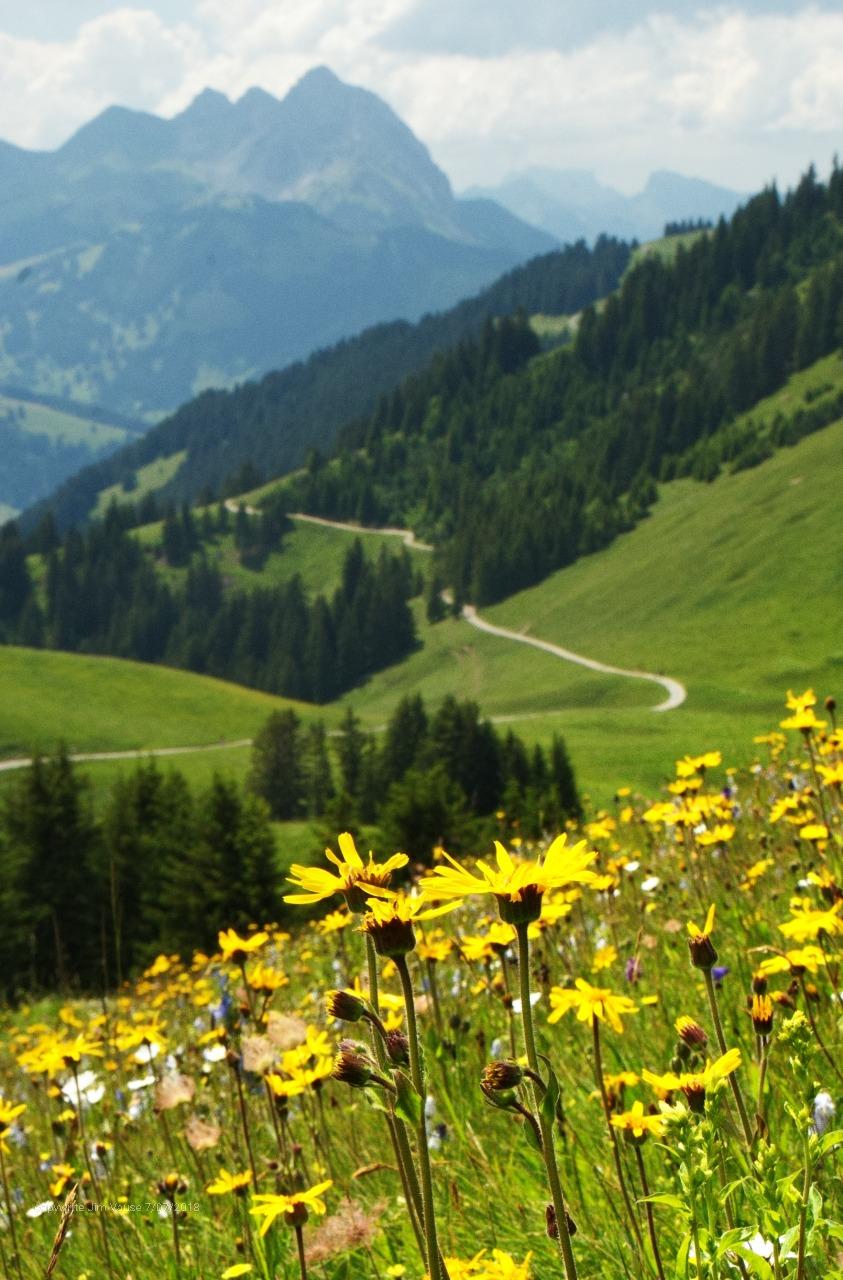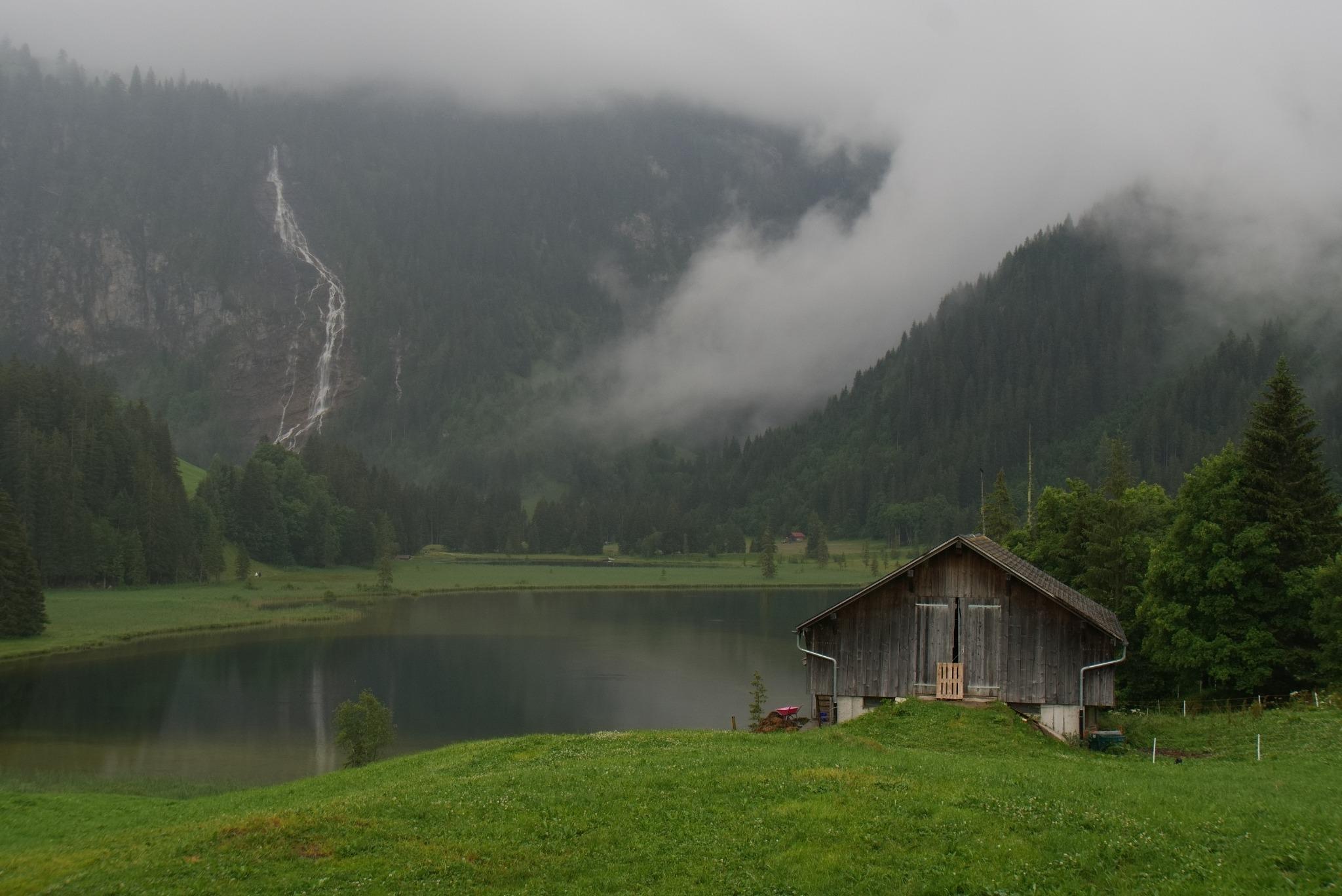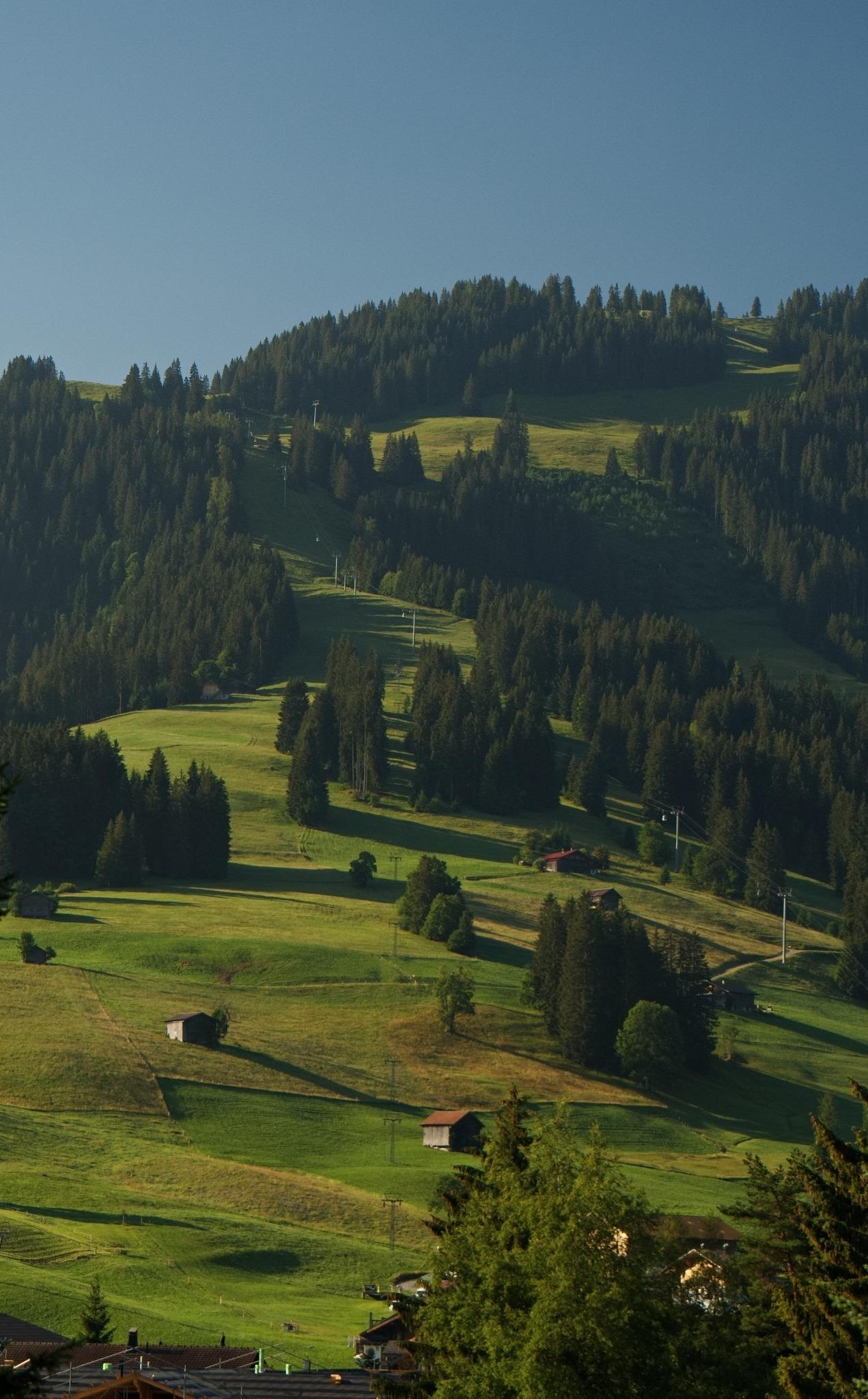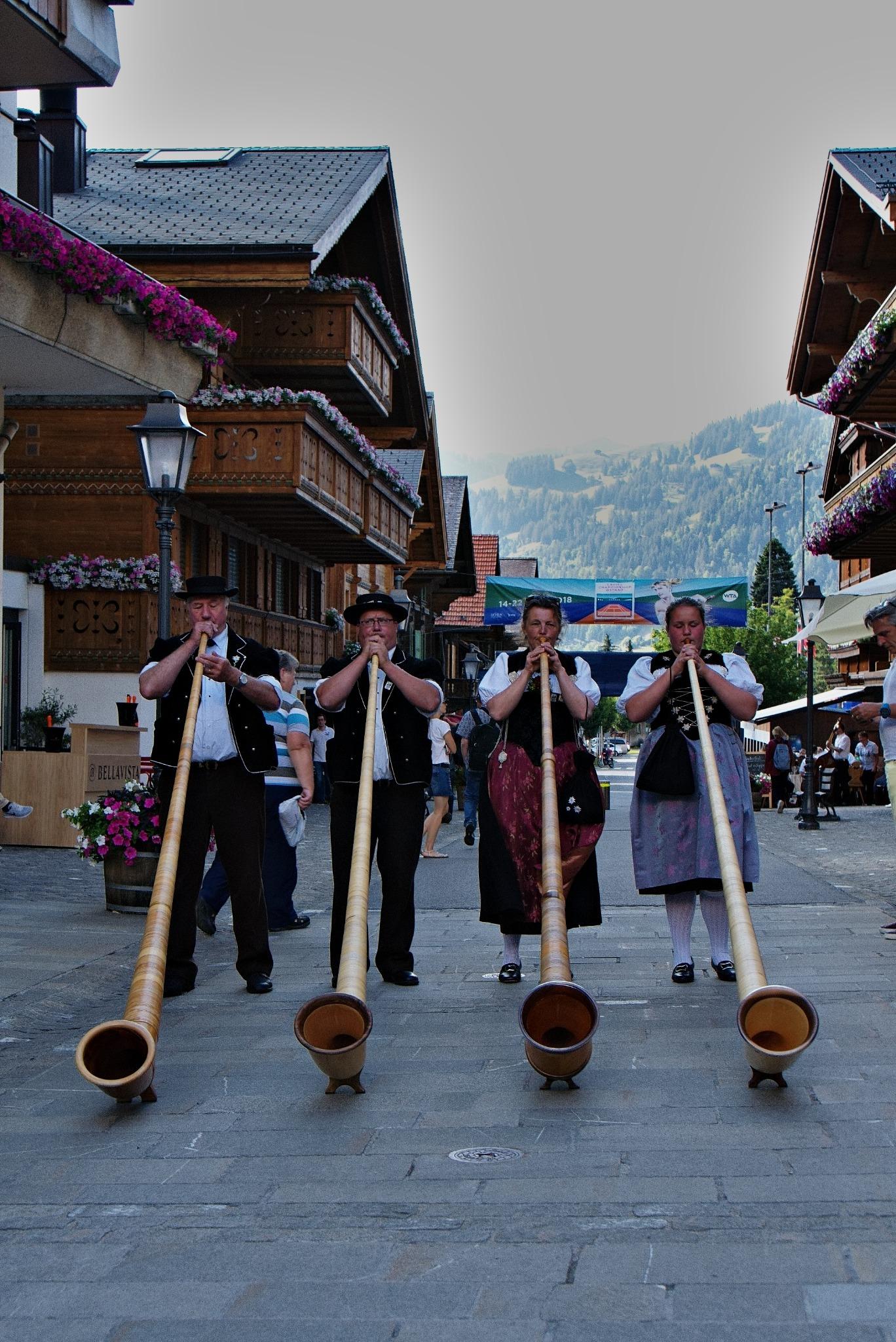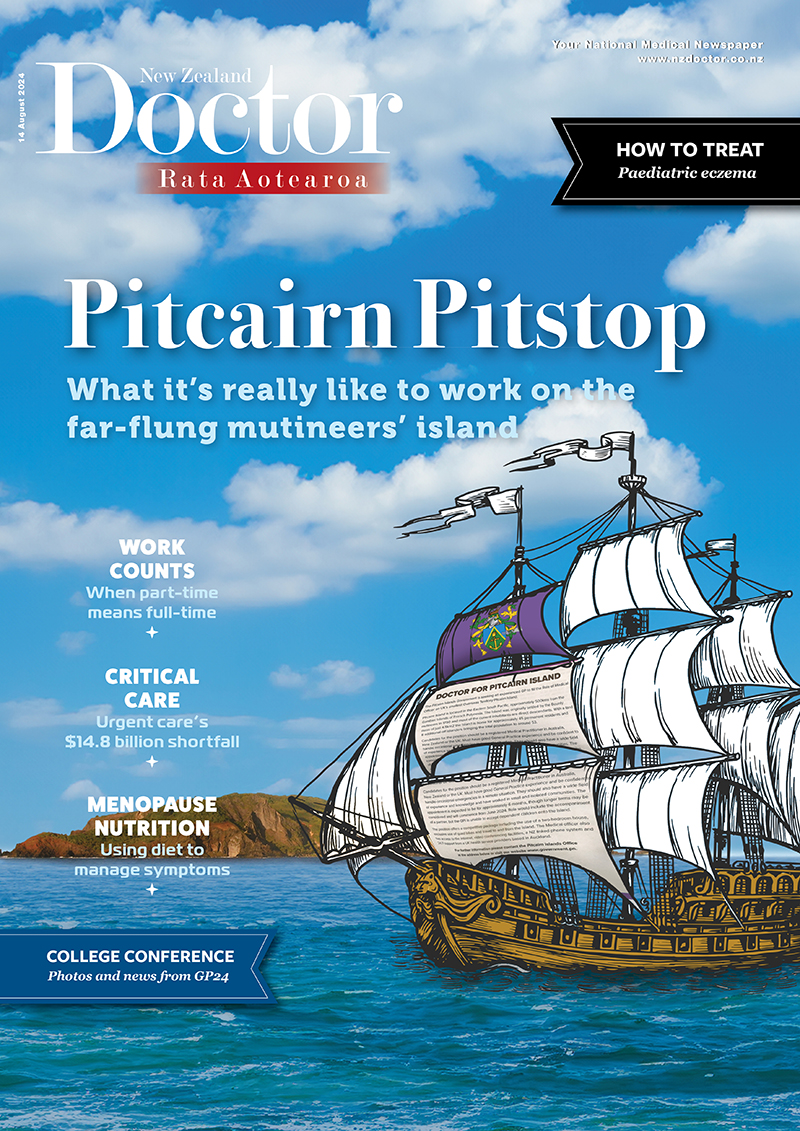Specialist GP Nikki Vadgama provides some tips to make your next paediatric eczema consult easier. She includes a review of new guidelines, resources, websites and medications for paediatric eczema management
Quality and compliance on a Swiss sojourn
Quality and compliance on a Swiss sojourn
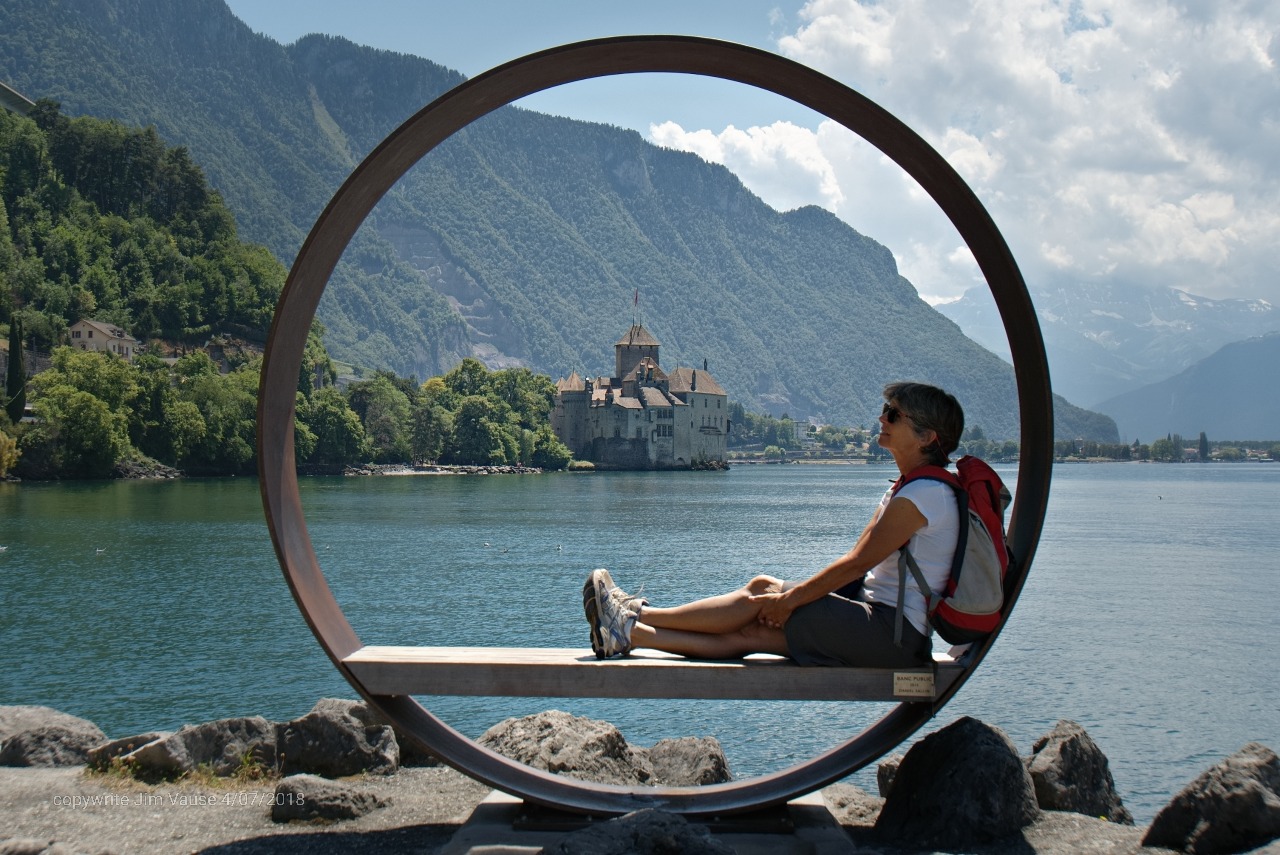
Quality exudes from all things Swiss. The buildings, the trains, the towns - all drip with quality. Were it not for the contrast with France, observed from six border crossings in one week, I might believe it was just a great marketing campaign. Clean and green would be very applicable for this Helvetic nation, but another country has trademarked that.
My gaze was taken from the first moment I walked into the Gstaad apartment by the verdant manicured pastures climbing into the forests of Wispile mountain. Picture perfect Swiss chalets dotted the hillside. No ugly dairy sheds, no gorse, no scrub, in fact, nary a weed to pollute the vista, the only discord being the ski lifts lying dormant, awaiting the snows of winter to arrive.
Quality costs, especially in Switzerland, and in ways more than financial, but throughout the valleys around Gstaad, there was not one ostentatious chalet or hotel - even the Palace Hotel towering discordantly over the town has a certain Soviet era ambience. Design and construction standards in the region impose a collective uniformity producing a picturesque appearance that negates any housing bling or the sort of American style gated community behaviour that can blot some of the most beautiful of Kiwi countrysides.
While mountainous Switzerland is perhaps the pinnacle of Swiss countryside, the quality of everything Swiss is evident everywhere. However, the penalty for this quality is compliance, something the Swiss accept, often with a grudge but also with the collective recognition that the end result is worth it. Their standards may seem restrictive and costly. Penalties for non-compliance are high. Parking fines can reach $2000 and rubbish dumpers are actively pursued, but comply they do, for the benefit of all. It may not be in their DNA, but it certainly is in their thinking and their belief systems.
Central is their "faith" in the governance system of the standards, alongside their acceptance that they are essential in making their populous nation operate in the well-oiled manner it is accustomed to - there being a collective patriotic pride that Swiss and quality are synonymous.
In the Kiwi mindset individualism and self-determination win over quality and standards. We do not have the population pressure to organise like the Swiss. We can get away with messing with our landscape because we have plenty of it, or so we think. It's a mindset that also pervades among general practitioners, one that has always challenged practice and clinical standards.
When first devised, clinical standards for GPs were deliberately left out of Cornerstone, for they were unsellable to the membership, the NZMA and IPAC. They were left to PSAAP, DHBNZ and the MOH and inevitably any contribution to the quality of the GP-patient interface vanished into thin air.
Now Cornerstone is to have new quality standards, but will they be standards for GPs or just rehashed standards for practices? Will they actually be about more standardised appropriate care for patients such as equity at the patient-doctor interface or will they remain at the practice door and thus remote from where it really matters? Is this meaningful or just a smart move from a College of General Practitioners creating standards for general practices and not for GPs who increasingly no longer own practices. I wonder what would happen if there was a College of Practice Managers, or Nurses or Patients, Pākehā and Māori?
The college has the capability to provide the right governance and standard setting for doctor clinical standards but not their implementation. That is dependent upon the PHOs, the practices and the membership, and we are not Swiss.
When in Rome, you can't do what the Swiss do.
- Log in to post comments



